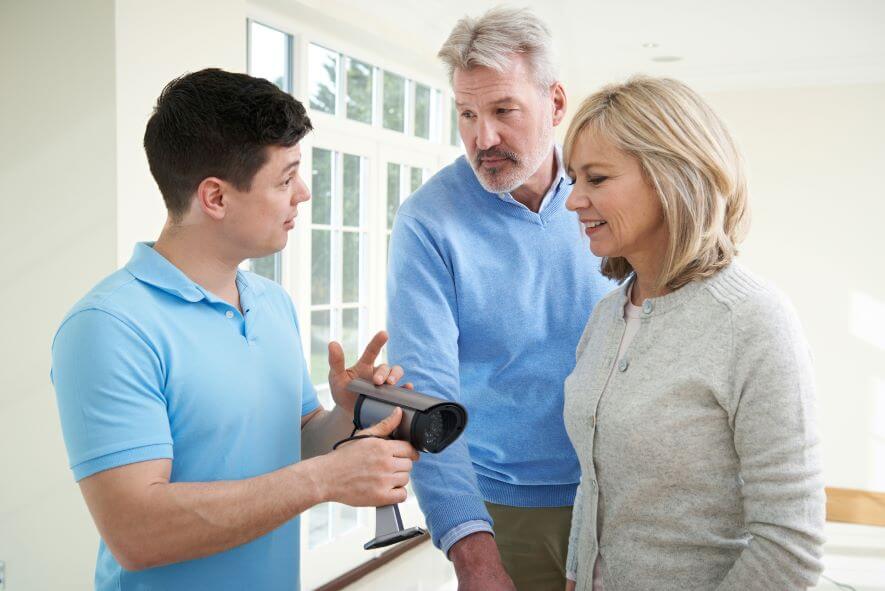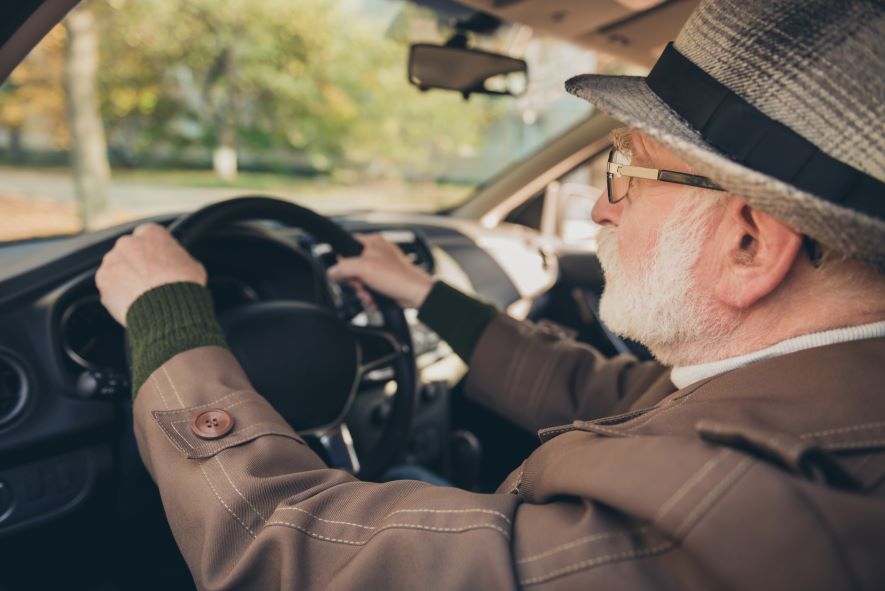Most people are familiar with earthquakes. There’s rarely any warning that one is about to occur, and then suddenly, the earth begins to roll or shake due to movement beneath its surface.
Even if you’re familiar with what an earthquake is and what causes one to occur, you may not know what to do immediately after an earthquake. However, the actions you take in the aftermath could help minimize further injury and damage.
Here’s how you can stay calm, protect yourself and your family, and assess your property after a quake.
Ensuring Your Safety
The first thing you should do after an earthquake is ensure that you and your loved ones are safe. Just bear in mind that aftershocks can occur, which can lead to more falling objects, injuries, and damage.
1. Start by checking yourself and others for injuries and provide first aid to anyone who needs it.
2. Next, check your immediate area for possible danger, such as fire or damaged walls that could collapse. Be sure to keep your shoes on, and if possible, protect your eyes with goggles and your hands with work gloves.
3. If you are in your own home, check for anything that could signify a dangerous leak, such as broken pipes, exposed and sparking electrical wires, or the smell of gas. If you see or smell anything that could signify damaged utility lines, evacuate your home and contact your utility provider immediately.
4. Avoid rooms with large pieces of furniture (such as bookcases) that could fall on you. If you see any structural damage, such as broken beams, buckled ceilings, or collapsed interior walls, evacuate at once.
5. If your home is near a beach or coastline, make your way to higher ground or inland immediately. Avoid staying close to the beach, as earthquakes can trigger tsunamis.
6. If you must evacuate after an earthquake, stay safe by making your way to a shelter or a disaster recovery center. Use the FEMA App to find the closest help. You can also apply for federal assistance using this app or by visiting disasterassistance.gov.
Assessing the Damage
As long as you haven’t suffered serious injuries or aren’t in immediate danger, you can begin to assess the damage to your property—your home, car, and other belongings—and to record what you see for your insurance claim.
1. Document the damage by taking pictures or videos or by using a smartphone app, such as Disaster Recovery Log. Or, if you don’t have access to a camera or smartphone, use a pen and paper to make a list of the damage caused by the earthquake.
2. If it’s dark or difficult to see, do not use a candle or anything with an open flame as a light source, as this could lead to a fire. Instead, use a flashlight or the flashlight feature/app on your phone to find your way around safely.
3. If the power is out, unplug any broken appliances or lamps as they could spark and start a fire when power is restored. Better yet, if possible, shut off your home’s main electrical breaker. (If you venture outdoors, avoid contact with downed power lines or objects downed power lines might be resting on or touching.)
4. As you move through your home, stay away from masonry, chimneys, and brick walls. Loose bricks could fall or unstable brickwork could topple over. Also, use caution when opening closets and cupboards, as the items inside may have shifted and could fall and hit you.
5. You can start cleaning up any spilled cleaning solutions, chemicals, and medicines in your kitchen and bathroom. Use gloves as well as a mask to avoid breathing in fumes. Keep in mind that spilled and mixed chemicals may prove dangerous, so proceed with caution.
6. Once you’ve assessed the damage in your home, move on to your car. Earthquake-related car damage often takes the form of glass damage, body damage, and chipped paint. Therefore, be sure to check for broken windows, dents, and scratches.
Reporting an Insurance Claim
After you’ve ensured your personal safety and assessed the damage to your property, it’s time to get in touch with your insurance provider to report an insurance claim. Your earthquake rider or earthquake policy will help cover damage to your home and your comprehensive auto insurance will help cover damage to your vehicle.
If you’re insured with The Hartford, call 1-800-243-5860 or visit the online claims center to report a claim. You will then be asked to:
1. Explain what happened. For example, “I just experienced an earthquake that damaged my home.”
2. Describe the damage to your property. Did a tree fall on your car? Is there a large crack in an exterior wall or shattered windows? List and describe each issue, providing as much detail as possible.
3. Provide a phone number where you can be reached while your claim is active. Expect a call from one of The Hartford’s claim professionals within one business day of filing your claim. They’ll review and assess the situation, answer your questions, and provide service options to help resolve your claim as quickly as possible.
You may not know when an earthquake will hit, but knowing what steps to take immediately after this type of natural disaster can help you stay safe and get back to normal.
READ MORE: 9 Apps to Help You Stay Safe in an Emergency







Great article!